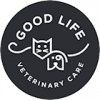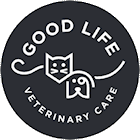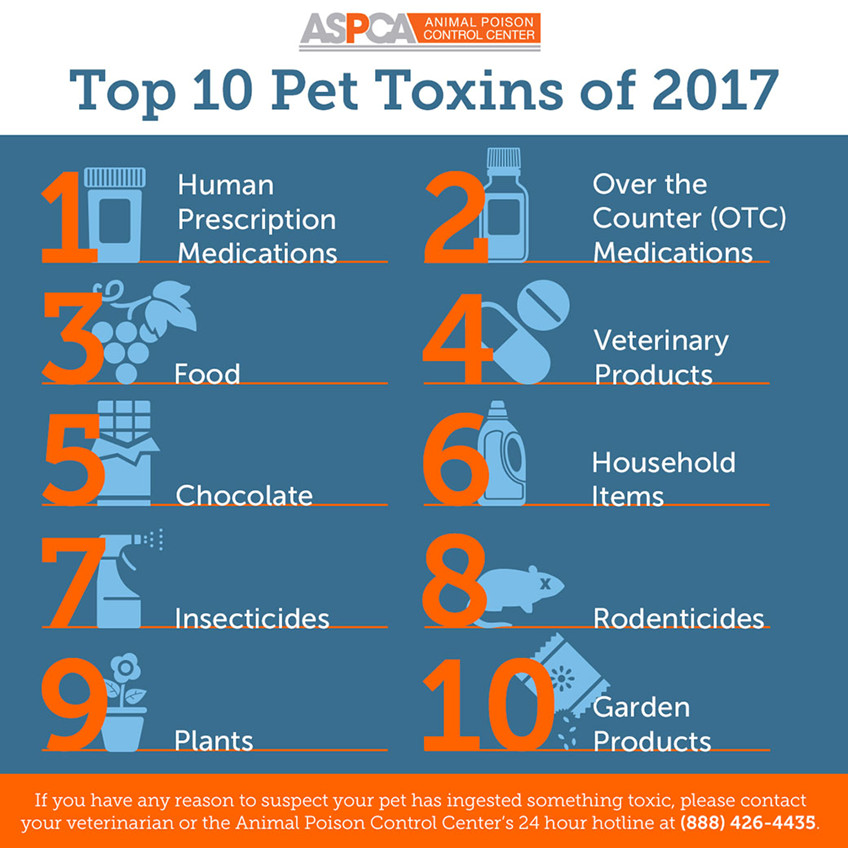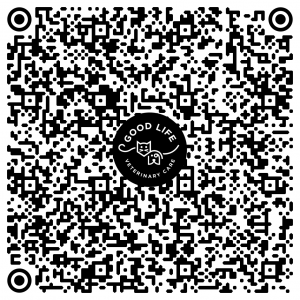If your dog primarily stays inside, you may wonder if he or she should be vaccinated. Many dog owners assume that indoor dogs aren’t as susceptible to disease, but this simply isn’t true.
Whether dogs live inside or spend time outdoors, they need to be vaccinated. Infectious diseases can affect all dogs, so it’s best to stay protected.
Core Vaccines for Indoor Dogs
The American Animal Hospital Association Canine Vaccination Guidelines are a set of vaccine recommendations that are updated regularly to reflect the most current science available. The AAHA designates core vaccines that should be administered to every dog and noncore vaccines which should be considered depending on exposure to certain risk factors.
The AAHA recommends for all dogs to get these core vaccines:
- Canine Distemper Virus
- Parvovirus
- Infectious Hepatitis
- Parainfluenza Virus
- Rabies
Canine distemper virus affects the nervous and respiratory systems and is often fatal. Parvovirus causes vomiting, dehydration, and diarrhea, and can lead to life-threatening sepsis. Infectious hepatitis comes from adenovirus type-1, which can lead to acute or chronic liver inflammation. Parainfluenza virus leads to respiratory infection in dogs. Rabies virus causes progressive neurologic disease and is fatal to all mammals. Dogs infected with rabies can transmit it to humans.
Several of these hardy viruses can inadvertently be brought inside your home and transmitted to dogs through inanimate objects like clothes and shoes. Additionally, dogs that travel to groomers, periodically escape from the house, or have other dogs come over to visit can be exposed to viruses.
Non-Core Vaccines
Vaccines are available to protect dogs from other infectious disease risks as well. An individualized recommendation can be made by taking risk factors into account, including age, lifestyle, and geography. The AAHA non-core vaccines for dogs include:
- Canine Influenza
- Bordetella
- Leptospirosis
- Lyme Disease
- Western Diamond Rattlesnake
SOCIAL EXPOSURES: Canine Influenza and Bordetella are respiratory pathogens that contribute to a syndrome called “kennel cough.” Vaccination is recommended for dogs who share space with other dogs in boarding facilities, grooming facilities, dog parks, or even through casual exposure to family or friends’ dogs.
OUTDOOR EXPOSURES: Leptospirosis is a bacteria transmitted through the urine of wildlife. Dogs exposed to contaminated outdoor water sources like groundwater, ponds, and puddles can become severely sick with kidney or liver disease and can transmit the disease to people. Blacklegged ticks transmit Lyme disease, which can cause kidney and joint disease. The Western diamond rattlesnake vaccine is recommended for dogs who live in areas with rattlesnakes.
At Good Life Veterinary Care, we discuss risk factors and potential pathogen exposure with you and recommend a customized vaccine plan that provides the best protection for your dog.
How Often Should You Vaccinate Your Indoor Dog?
Every vaccine available for dogs has been tested and proven to provide protection for a particular length of time. After the initial series, most vaccines provide immunity for either 1 year or 3 years. As a part of each wellness visit at Good Life Veterinary Care, our staff will review your dog’s exposure risks and confirm an easy-to-follow, customized vaccine plan for your pet.
Don’t worry if you’re unsure which vaccines your inside dog should have. We’re here to help, and we offer a complete range of services to achieve your dog’s overall health and happiness. Please contact us today to schedule an appointment.
Good Life Veterinary Care is based in Dublin, Ohio, part of the Greater Columbus area. We aim to promote health and wellbeing for your pet and enrich your bond with your furry companions.
6051 Perimeter Drive, Dublin, OH 43017
(614) 791-9191




